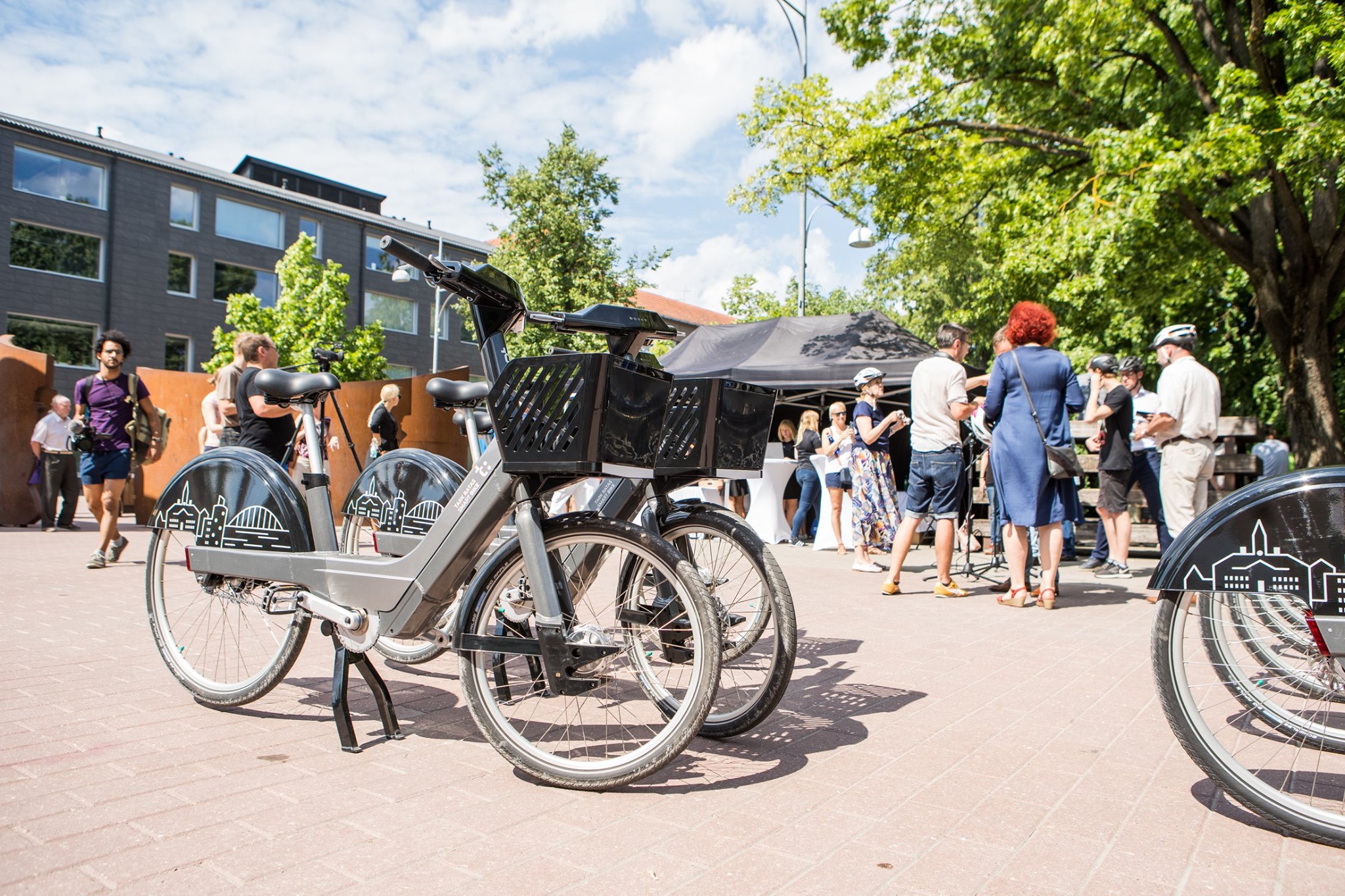The EU-funded Co-City project in Turin, capital of north-west Italy's Piedmont region, turns disused land and buildings into ‘urban commons’ –spaces owned and maintained by the community. The aim is to foster social mixing, community cohesion, enterprise development and job creation so as to break the cycle of poverty and exclusion in deprived neighbourhoods.
- 26 January 2018
Co-City is an extraordinary opportunity to support new forms of active participation of citizens in the regeneration of the city. I hope that new enterprises will be created around this new model of relationship between the public and private sectors, generating new employment opportunities and jobs in Turin.
Neighbourhood houses (case del quartiere) are located across Turin and form a network of multi-purpose hubs which work together to support community cooperation and urban regeneration. Under Co-City, they help local associations and active citizens to launch actions aimed at regenerating abandoned spaces.
The project is backed by innovative ICT platforms, such as the First Life urban social network developed by the University of Turin. First Life built and manages an online storyboard on Co-City as a means of involving different types of audiences from the city centre and suburbs.
Rising poverty
Between 2008 and 2013, numbers of Turin residents in absolute poverty – those deprived of basic human needs – rose to 7 % of the population, while 14 % lacked the income needed to maintain an average standard of living and were defined as living below the relative poverty line. The city's unemployment rate stood at 13 % and was rising more quickly than the rate experienced in many Italian cities.
The municipality launched a range of actions to tackle social exclusion. But public funding cuts made it hard to meet the demand on welfare services. Turin's approach was to foster the development of conditions for social enterprise creation. However, parts of the city were not covered and mistrust within the community and towards public institutions grew.
Social exclusion is linked to urban decline, one of the most visible signs of which is the number of abandoned buildings in the city, many of them remnants of Turin's industrial past. Of around 1 600 buildings owned by the municipality, 6.5 % are unused or underused. However the city recognised their potential for driving urban regeneration.
Innovative legislation
In 2016, this recognition led the council to adopt a regulation on urban commons as a means of regenerating such spaces. Implementation of the regulation rested on the possibility it provided for the signing of pacts of collaboration between citizens – including informal groups, associations and NGOs – and city authorities. These pacts regulated the design, management and monitoring of activities related to use of abandoned urban spaces.
Co-City pilot projects are underwritten by such pacts and fall into three general categories: disused public buildings; underused structures; and care of public spaces. The neighbourhood houses are the contact point for anyone wanting to enter into a pact and also work to involve different groups in the debate on management of urban commons.
The University of Turin is currently compiling a legal toolkit to support use of the regulation and editing a handbook regarding the implementation of Co-City.
Combined with the new legal framework, the project helps to make residents actors in the process of urban change, while local authorities move away from being service providers, taking on the role of enabler and partner. Moreover, empty spaces have become an opportunity rather than a disadvantage and are valued based on their potential use rather than sale value. Taking care of the city is turned into a collective task, allowing hidden reserves of social capital to emerge.
Total investment and EU funding
Total investment for the project "Co-City - The collaborative management of urban commons to counteract poverty and socio-spatial polarisation" is EUR 5 157 364, with the EU's European Regional Development Fund contributing EUR 4 125 891 through the Urban Innovative Actions Initiative for the 2014-2020 programming period.

